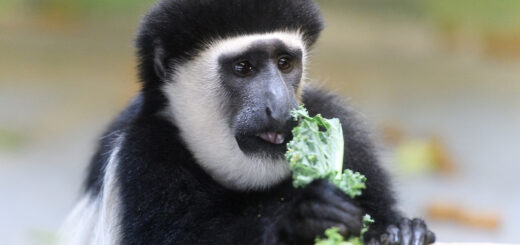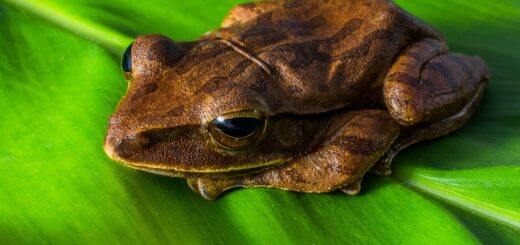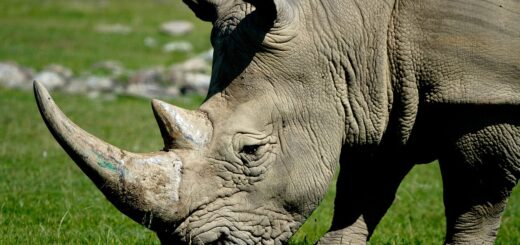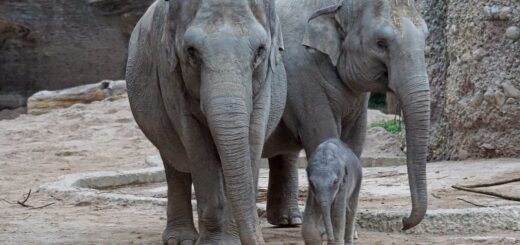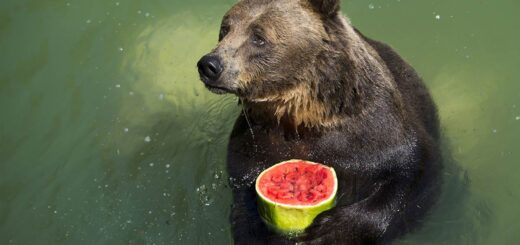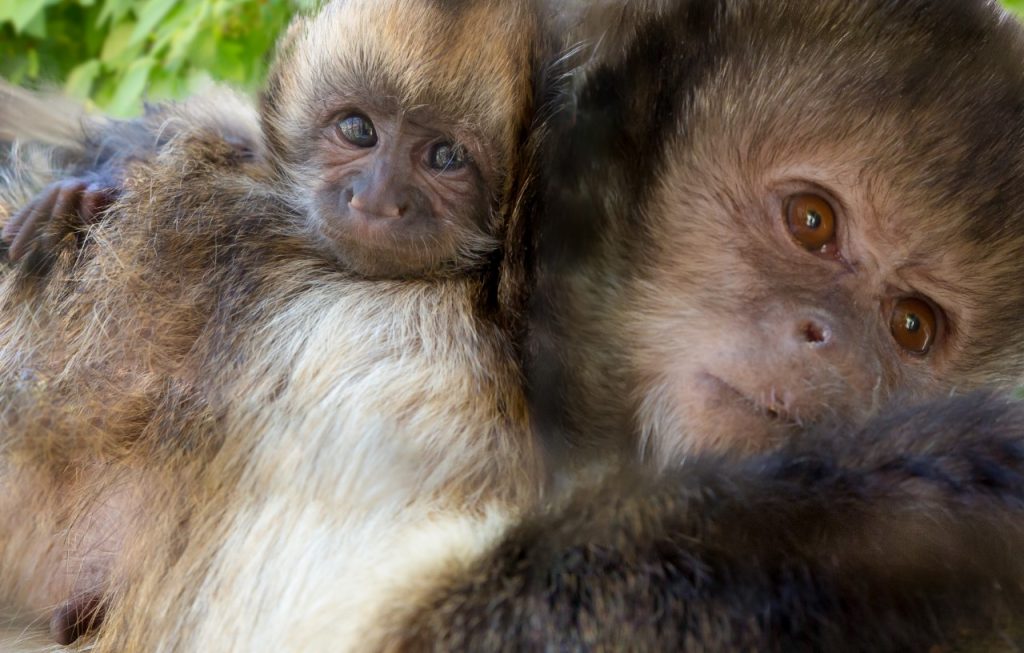Non-invasive methods for nutritional research at the Jersey Wildlife Preservation Trust
Citation
Fidgett AL, Feistner ATC. 1997. Non-invasive methods for nutritional research at the Jersey Wildlife Preservation Trust. In Proceedings of the Second Conference on Zoo and Wildlife Nutrition, AZA Nutrition Advisory Group, Fort Worth, TX.
Abstract
This poster/paper presents a review of nutritional research at the Jersey Wildlife Preservation Trust (JWPT). JWPT is an international conservation organization working to save animals from extinction. At present JWPT does not employ a full-time nutritionists and yet in recent years at least 16 species have been the focus of nutritional research, a list which includes reptile, birds and mammals. Research on nutrition is carried out both as problem-solving exercise (in relation to ill health or apparent infertility) and as part of ongoing programs to improve animal husbandry .The aims have been to enhance nutritional quality and palatability and to stimulate natural foraging behavior. As JWPT is dealing with captive breeding programs for highly endangered species, the emphasis is on non-invasive research methods. Techniques involve direct observation to record intake rates and food preferences, weighing feeds and collecting remains to determine intakes, fecal analysis, and using inert makers to study gut passage time. These methods are simple to use and minimize stress and disturbance to the animals. A nutritional handbook detailing the dietary regimes in use has also recently been revised. As well as nutritional content, dietary regimes at JWPT also include environmental and behavioral enrichment components, natural foodstuffs, forage and browse, and dispersed feeding systems for group-living animals to reduce competition over food.
 Non-invasive Methods…JWPT.pdf 1 MB
Non-invasive Methods…JWPT.pdf 1 MB


